Documentary Creative Writing
--------------------
In this issue:
-
0
read more
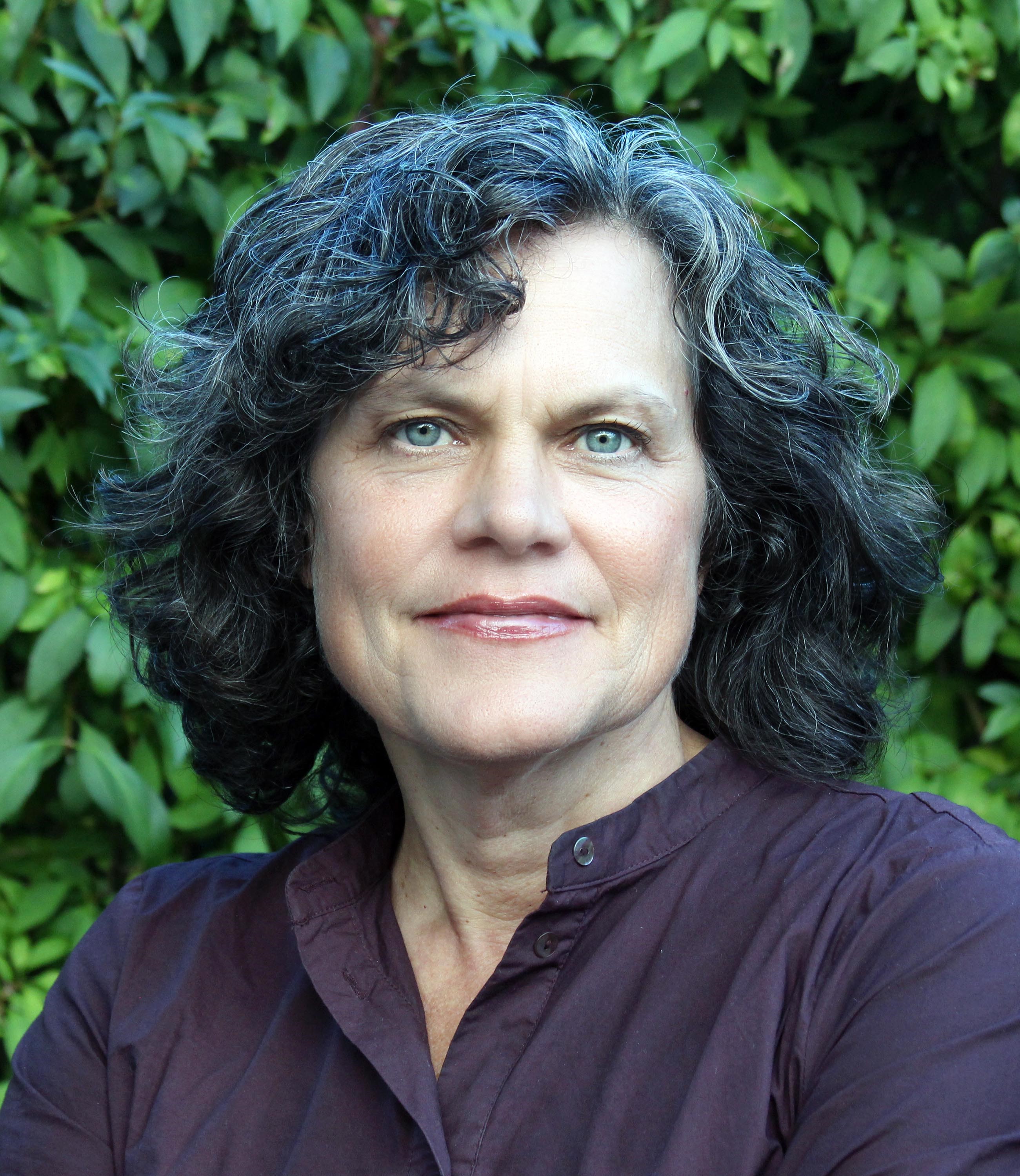
Introduction: Documentary Writing and Mennonite/s Writing
by Julia Spicher KasdorfFor about a decade now, I have been interested in documentary poetry, occasionally teaching it in special topics courses and trying to write it myself. It has taken me a long time to recognize how deeply the concerns of this literary practice touch my own reasons for writing—and how clearly they correlate with values I find common among some authors and books associated with the loose enterprise we sometimes call "Mennonite/s writing."
Documentary poetry applies the values of contemporary verse—voice, concision, visual imagery, emotional urgency, inventive form—to topics we expect to encounter in the news, such as issues of social …
-
0
read more
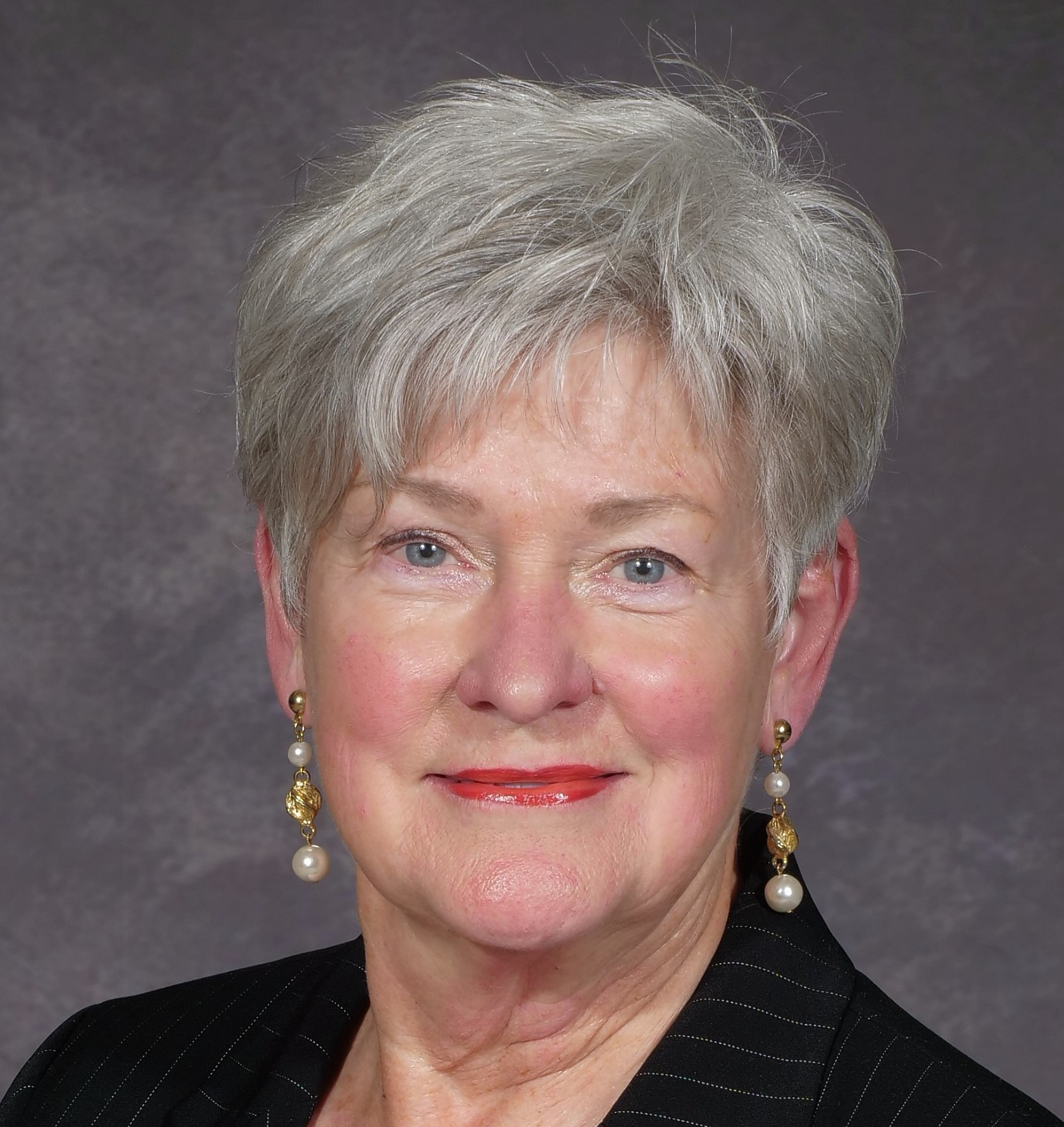
On Documents, Documentation, Writing and Experience
by Raylene Hinz-PennerHow does that "relationship" work, I wonder—between documentation and experience? Why do these terms feel adversarial to me in 2018? A document is an innocent text, is it not—a neutral source waiting to be used by an imaginative writer? A document is precisely the "prod" or "primer" which has often sent me into story! But documentation has become a kind of dirty, authoritarian word.
I. The Document
(Etymology: "document" as noun; the Latin root word includes such meanings as "to show, teach, or cause to know")
-
A document can serve to recover experience a writer cannot otherwise know; …
-
-
0
read more
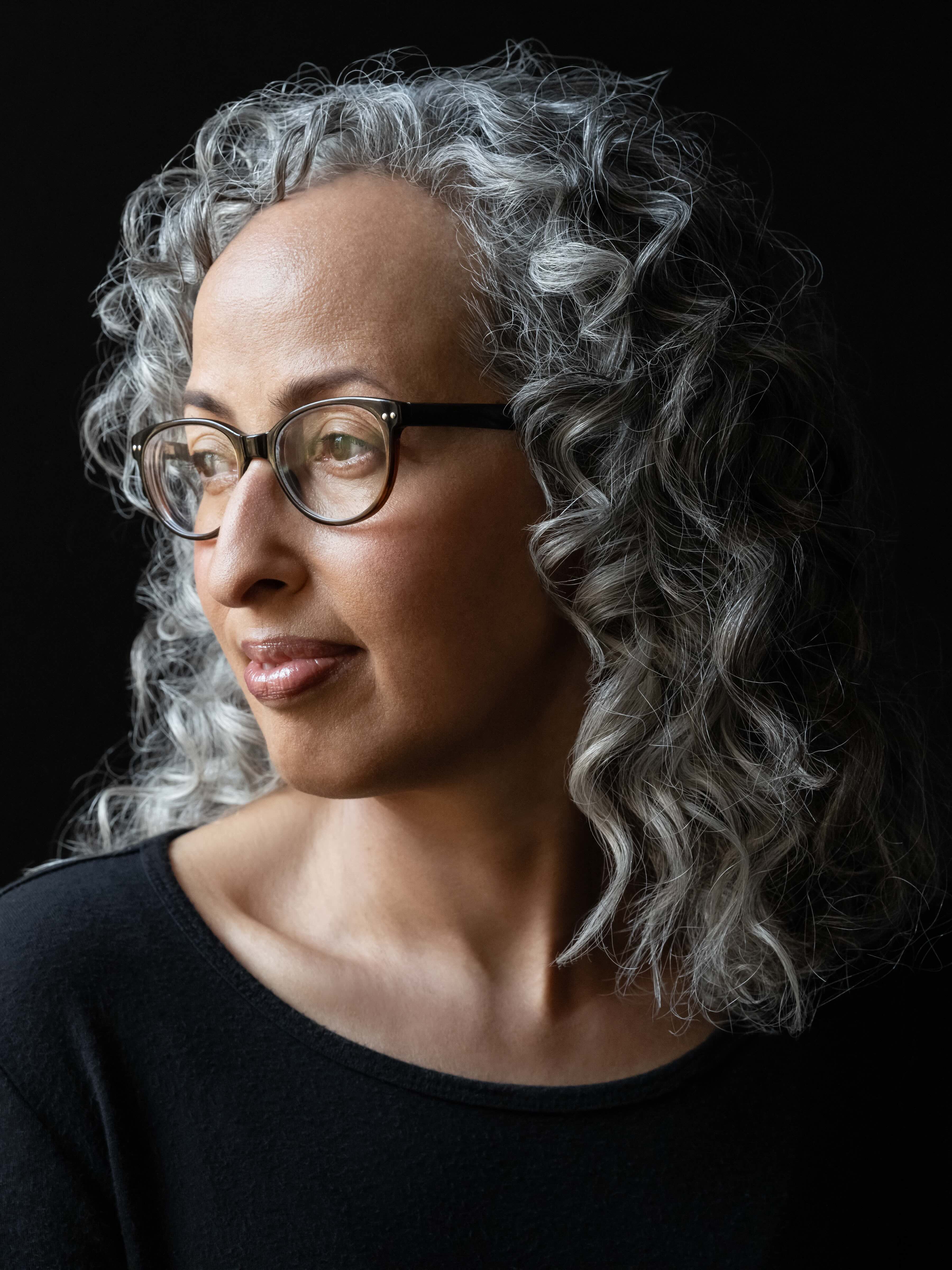
From THE WHITE MOSQUE
by Sofia SamatarOn Working with Documents
In the 1880s, a group of Mennonites migrated from southern Russia, now Ukraine, to the Khanate of Khiva in present-day Uzbekistan. Motivated by a number of factors, including the impending loss of their exemption from Russian military service, the wave of millenarian fervor then sweeping through Europe, and the prophecies of the dynamic preacher, Claas Epp, Jr., this small group of travelers undertook a grueling journey into unfamiliar territory and established a village that lasted for fifty years.
About five years ago, I became fascinated by these events for simple, personal reasons. As an early encounter …
-
0
read more
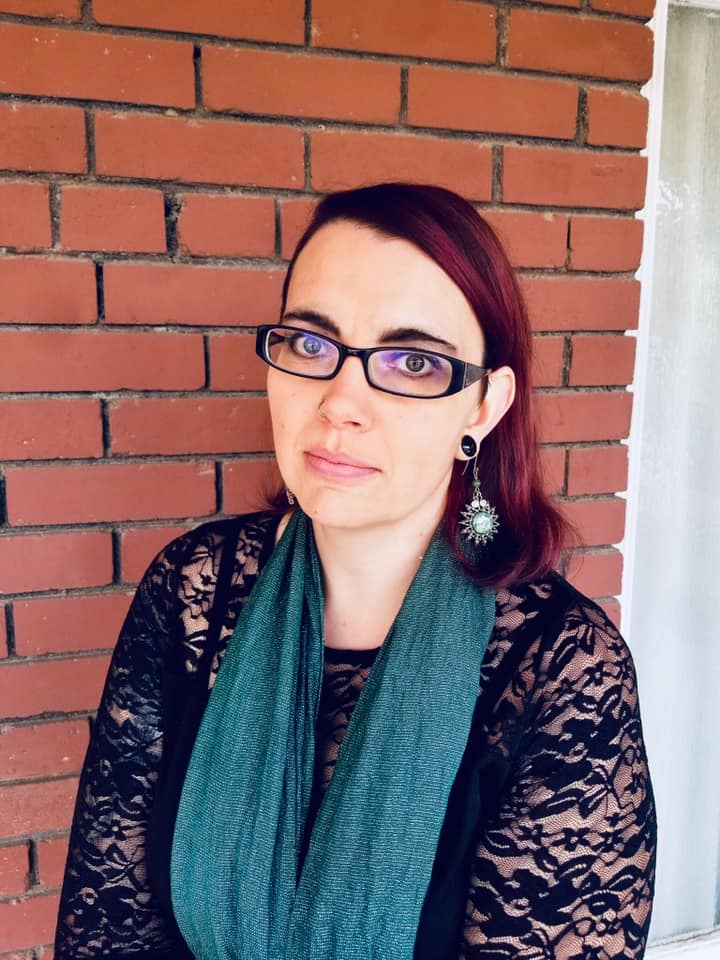
Writings
by Abigail Carl-KlassenI was raised in the rural, workingclass community of Seminole, Texas. Austere and deeply conservative, yet vulnerable to the boom and bust cycles of the oil field and cash crop agriculture, Seminole negotiates the tenuous space between permanence and transience, tradition and change. A multi-cultural community, where English, Spanish and Low German can be heard in the streets and stores, Seminole is home to a large Mexican-American community and a sizeable Low-German speaking Old Colony Mennonite community who immigrated to the area from northern Mexico beginning in 1977. As a girl attending a strict Independent Fundamentalist Baptist church, I befriended …
-
0
read more
Excerpt: Time and Memory
by Joyce MunroAuthor's introduction:
I found her in her husband's estate papers where an "X" indicates she could not write her name in English cursive. Yet she paid off his liens, loans, and doctor bills in the early months of 1871, and had $600 left over to build another life for herself.
A decade earlier her father-in-law deeded a house and subdivision of his land to Sarah M. Moyer, but the tax collector the following year, 1862, drew a line through her name. Perhaps Jacob C. wanted to protect Jacob F. from losing everything should a suit be filed against his son's …
-
0
read more
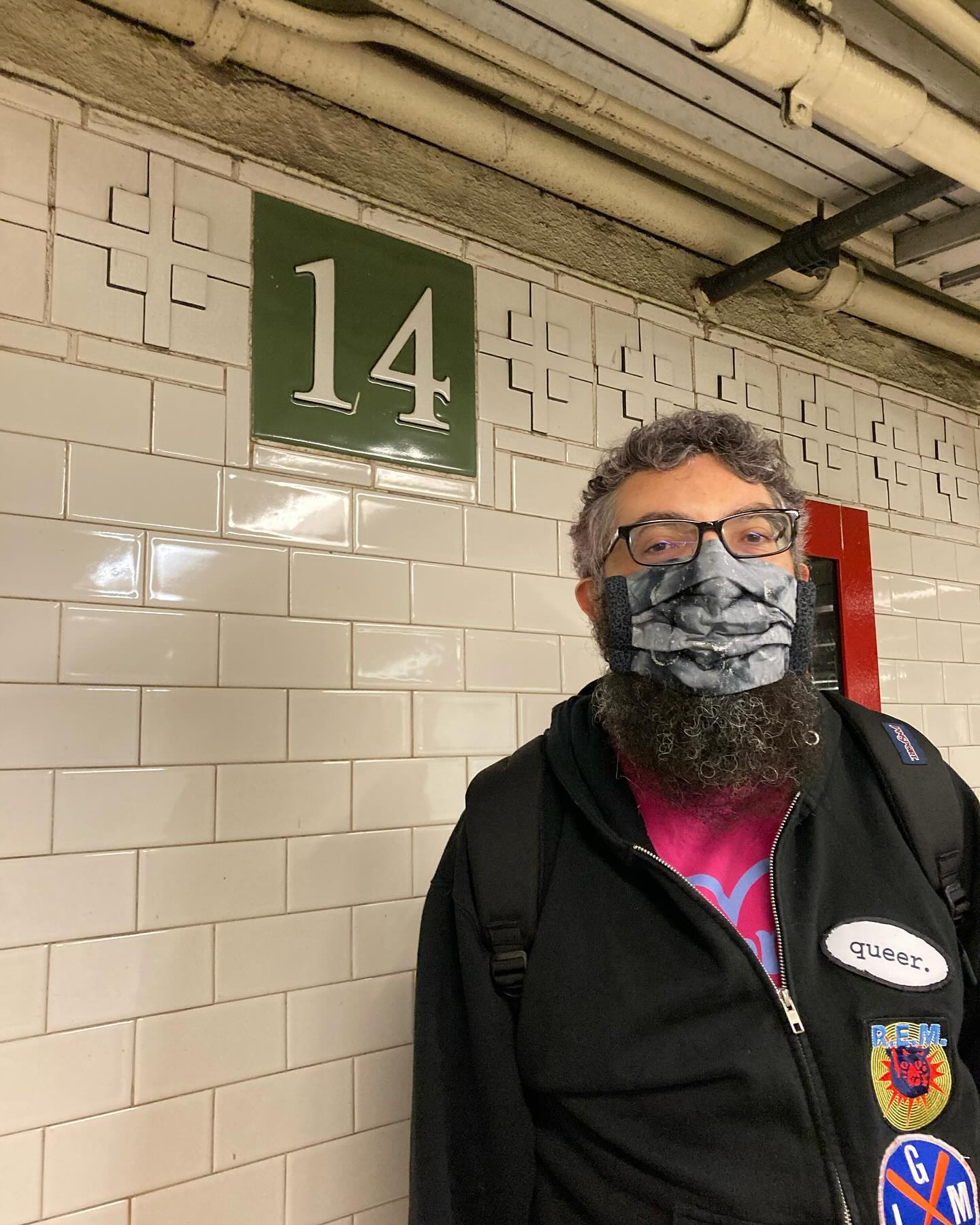
The Body as Document: Some Thoughts on My Tattoo
by Daniel Shank CruzAs soon as I walked out of the tattoo parlor on 10 July 2018 I posted the above photograph on Facebook (i.e., documenting my documenting, and when this essay goes online I will share the link on Facebook, continuing the documentation spiral) along with the caption "New tattoo! I've been thinking about getting one for a while, and living under a government that wants to silence me as a queer person of color made me decide to get a design that makes both of those parts of myself explicitly visible."[1]
The tattoo resulted from an experience earlier in the …
-
0
read more

Dirk Willems
by Julia Spicher KasdorfErasure is a modernist poetry technique, a playful variation of found poetry that has been around for at least a century. Typically, poets work by erasing or redacting words from a significant text to uncover a new text. An article by Rachel Stone in The New Republic (23 October 2017), available on-line, observes "The Trump Era Boom in Erasure Poetry."
The erasure only makes sense in relation to the original—to celebrate, subvert, efface, complicate, or extend its meaning. Jen Bervin, for instance, has published an entire collection of poems based on sonnets by Shakespeare called Nets. Sometimes the original …
-
0
read more
Grandpa's Day Timers, As We Left They Sang, Plans to Prosper
by Angeline SchellenbergI regard these found pieces from my elegy manuscript, Field of Light/Field of Stone, as a collaboration with my ancestors. In the case of the memoir ("As We Left They Sang") and interview ("Plans to Prosper"), I have set their prose to music, in a sense, by carefully selecting phrases and placing them next to one another. My grandparents' voices are very present in the work.
With the poems using memoir and interview, the objectives of author and subject match: to create something that will make our family history known. In the case of the day timers, by combining …